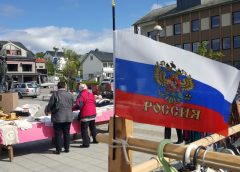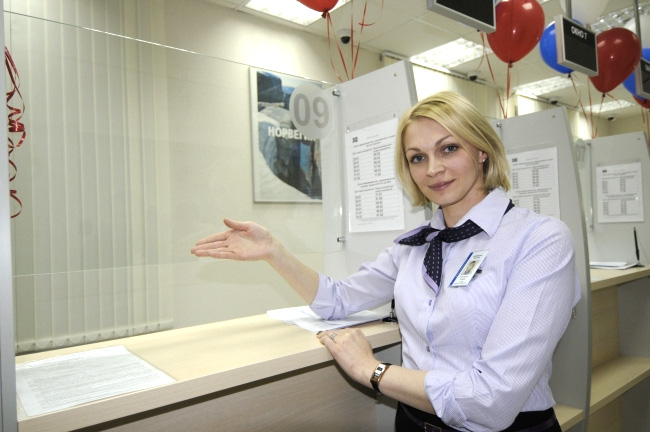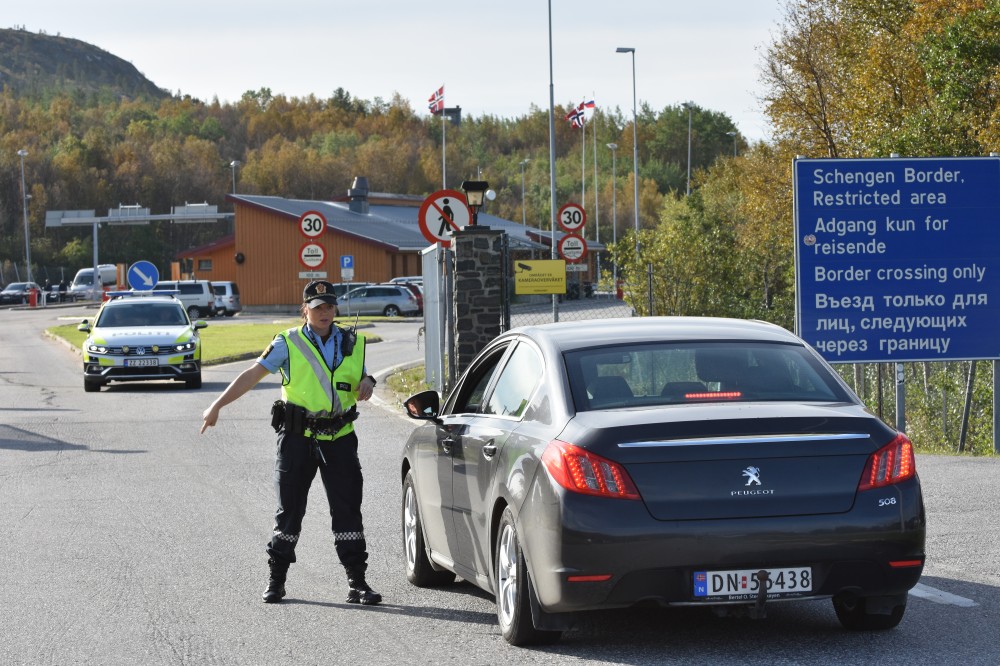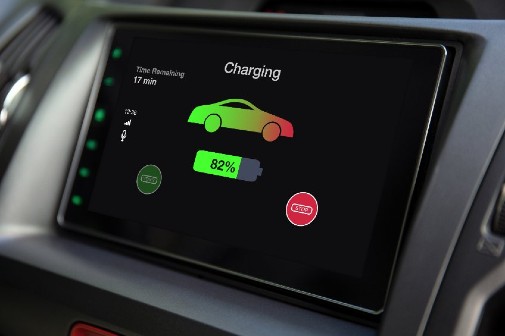
Not one single new application for visa-free travel in borderland
[ad_1]
It once was a showcase of easing travel restrictions between east and west, the standalone northernmost corner of Schengen-Europe.
Russians living within 30 km of the Russia-Norway border, including the towns of Nikel and Zapolyarny, can still obtain local border permits which allow them to travel visa-free to the other side of the border for up 15 days under a 2010 agreement between the two countries.
The possibility is there, but the interest for renewing such permits is close to zero.
Norway closed its Consulate General in Murmansk on July 1st. Applications for local boder permit, however, can still be delivered with the Embassy in Moscow.
“No new applications have been filed since the office [Murmansk] closed on July 1st,” says Ragnhild Håland Simenstad, spokesperson with the Foreign Ministry in Oslo.
Those traveling without visa today are holders of permits issued before the outbreak of the pandemic in March 2020. Russia lifted its Covid-related restrictions on land borders to Europe on July 15th.
Spokesperson Per-Jan Brekke with the Norwegian Directorate of Immigration writes in an email to the Barents Observer that last time such permits were granted was in February and March this year when three applications were approved.
ADVERTISEMENT
The Moscow Times on Monday reported that Russians are racing to visa centres across the country trying to obtain a European visas amid fears more countries would bloc leisure travel in response to Moscow’s invasion of Ukraine.
Norway’s Embassy in the Russian capital could not immediately tell if there has been a boost in visa applications since normal travel again became possible a month ago.
Latest statistics by the Directorate of Immigration is from July and show that only 365 visa applications were delivered. A big change, however, is a sharp growth in applications being turned down.
Traditionally more than 90% of visa applications filed by Russians have been granted. In July, however, 32% of applicants were denied Norwegian visa.

Poland, Lithuania, Estonia and Latvia have all recently announced restrictions on tourist visas for Russians.
The only other Schengen country with direct border to Russia and still issuing tourist visas, in addition to Norway, is Finland.
Last week, the visa issue became a hot potato on the table as Nordic Prime Ministers met in Oslo.
“It is not right that at the same time as Russia is waging an aggressive, brutal war of aggression in Europe, Russians can live a normal life, travel in Europe, be tourists. It’s not right,” the Finnish Prime Minister, Sanna Marin, said at the presser after the meeting.
Unlike Norway, Finland will from September 1st limit the number of visa application appointments available in Russia each day to 500, half of the current normal, the country’s Foreign Ministry said in a statement. Only 20% of all applications will be reserved for tourists and 80% for Russians travelling for reasons other than tourism.
In practice, that means there will be an average of 100 appointments per day available for people applying for tourist visas, which is 10% of the current number.
Ragnhild Håland Simenstad with the Foreign Ministry in Oslo says Norway will not take an initiative like Finland to limit visa options for Russian citizens.
“Norway is part of the Schengen cooperation. We are therefor obliged to follow EU and Schengen rules,” she says.

At Storskog, Norway’s checkpoint on the land border with Russia, the police in charge of immigration have not seen similar traffic of transit travellers as Finland now are experiencing.
“There has not been any significant increase as we have seen. A few, now and then, heading for Italy, Germany and so on, but no increase,” says immigration officer Sven Arne Davidsen.
Kirkenes airport, a 15 minutes drive from the border, has two or three direct flights to Oslo Gardermoen per day, from where most larger cities in Europe are connected.
[ad_2]
Source link


